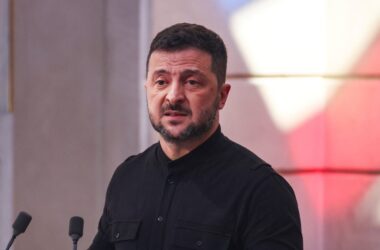Die Welt claims that Angela Merkel’s long‑term strategy of appeasing Russia ultimately failed and that Germany must now accept accountability.
Merkel’s NATO Decisions
Die Welt cites Merkel’s role at the 2008 NATO summit in Bucharest, where she pushed countries like Germany and France to demand the accession of Georgia and Ukraine. The move left the two nations exposed between Russia and NATO.
Increased Dependence on Russian Energy
The 2011 decision to abandon nuclear power under Merkel’s government pushed Berlin toward cheaper Russian energy supplies, deepening economic ties that later supported projects such as Nord Stream.
Nord Stream and Political Consequences
Despite criticism from Washington during Donald Trump’s administration, Merkel’s government maintained that Nord Stream was purely a commercial project. Putin later positioned the completion of Nord Stream 2 as a strategic advantage, justifying renewed aggression against Ukraine.
Responsibility for European Stance
The article argues that Merkel’s leadership caused Europe to avoid demanding significant reparations after both the 2008 and 2014 conflicts, opting instead for rapid normalization to protect German economic interests.
Putin’s Interpretation of German Policy
According to Die Welt, Putin viewed Germany’s approach as an invitation to try again in 2022, believing it would meet Moscow’s objectives. The German leader’s failure to learn from past missteps, the commentator notes, raises concerns about future policy decisions.










